Silence, a profound virtue across religions, offers a gateway to self-discovery and communion with God. In the midst of today’s noise, it beckons us to listen deeply—to our hearts, to God’s creation, and to the needs of others.
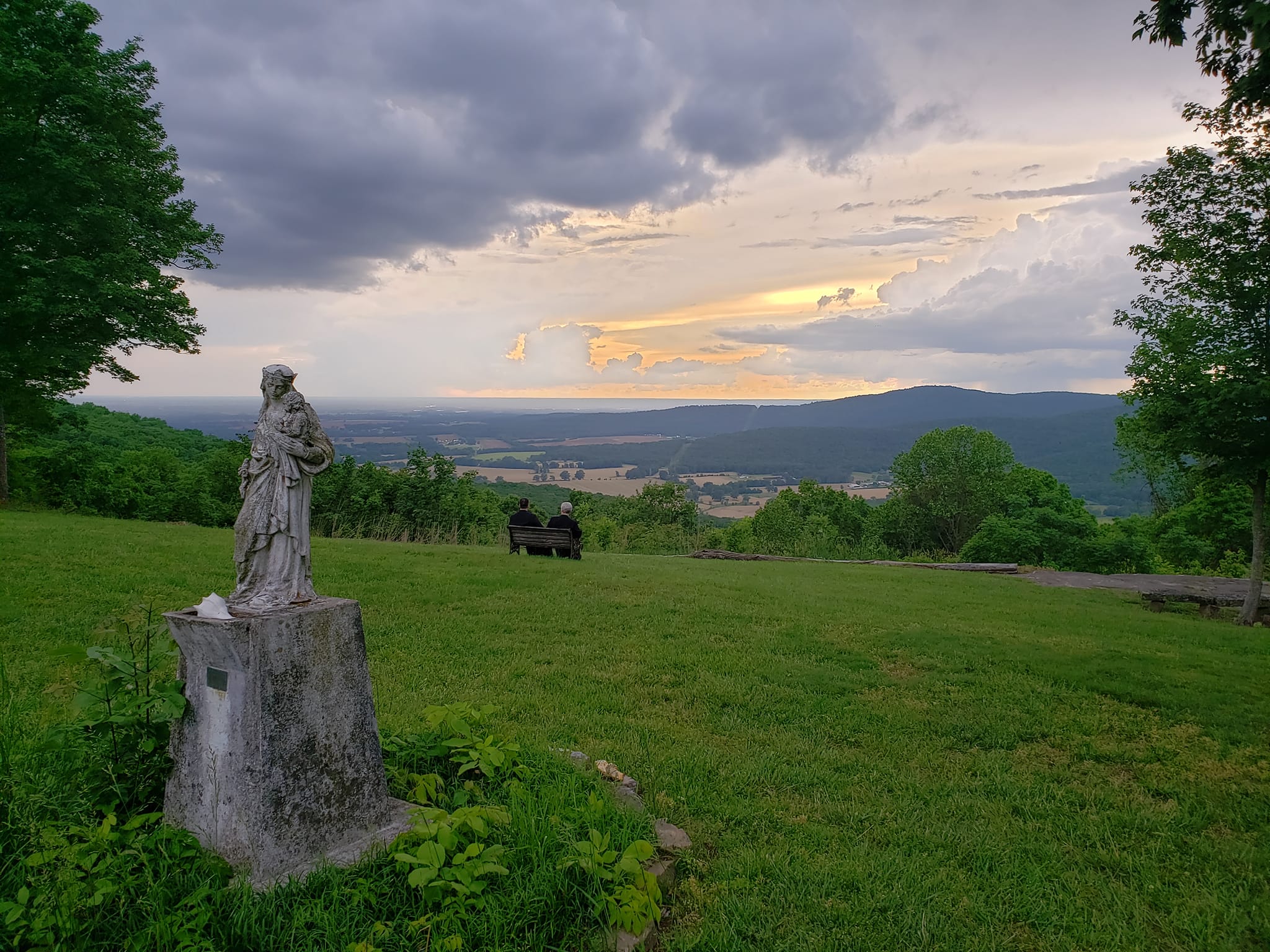

Silence, a profound virtue across religions, offers a gateway to self-discovery and communion with God. In the midst of today’s noise, it beckons us to listen deeply—to our hearts, to God’s creation, and to the needs of others.
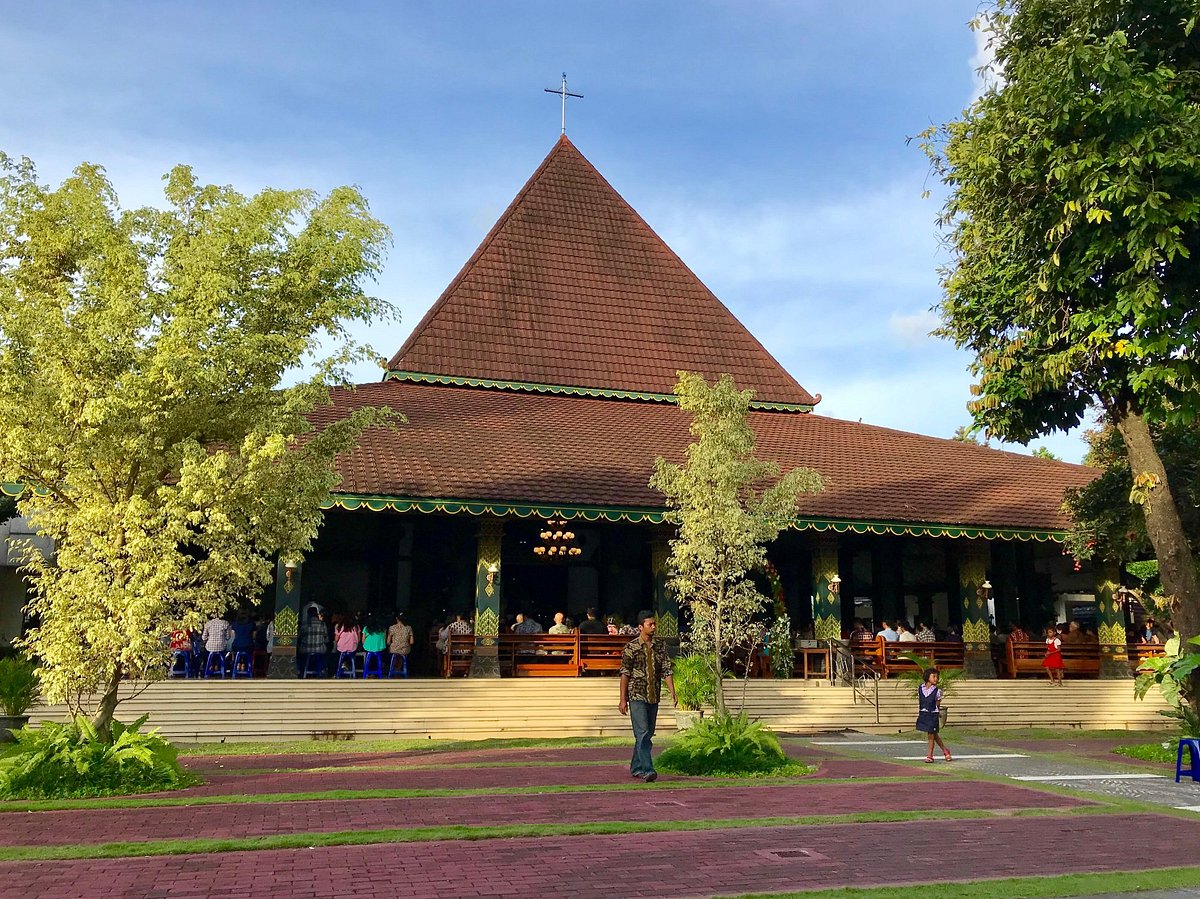
Established in 1924, the Church of the Sacred Heart of Ganjuran in Java, Indonesia, uniquely blends Javanese architecture with Catholic tradition. Drawing thousands of pilgrims yearly, it features Javanese artistic elements and is renowned for its healing spring and Marian Grotto. Despite historical and natural challenges, it remains a spiritual and cultural hub, embodying religious harmony and social commitment, including sustainable agriculture initiatives. This centenary church is a vital part of Ganjuran’s identity.

In this Sunday gospel reflection, Fr Paolo Consonni reflects on the growth of God’s Kingdom, likening it to seeds that grow quietly and powerfully, even in difficult conditions. He emphasizes patience, faith, and the unseen impact of our efforts, drawing inspiration from nature and the parables of the growing seed and the mustard seed in Mark 4:26-34.

Blessed Giuseppe Allamano, founder of the Consolata Missionaries in 1901, emphasized holiness and missionary work. Born in Italy, he pioneered Catholic press, social works, and sent missionaries to Africa. His legacy includes the Consolata Missionary Sisters and advocating for World Mission Day. The Consolata Missionaries, inspired by Mary, serve worldwide, dedicated to evangelization, social justice, and human rights, embodying their motto: “First the saints and then the missionaries.”

Born around 283 in Sardinia, Eusebius became the bishop of Vercelli in 345, where he combined clerical and monastic life. A staunch defender of Nicene orthodoxy, he was exiled for opposing Arianism. During exile, he established a monastic community and continued his ministry. He returned to his diocese after Emperor Constantius II’s death and participated in the Council of Alexandria. Eusebius, who died in 371, is celebrated for his dedication to faith and pastoral work.
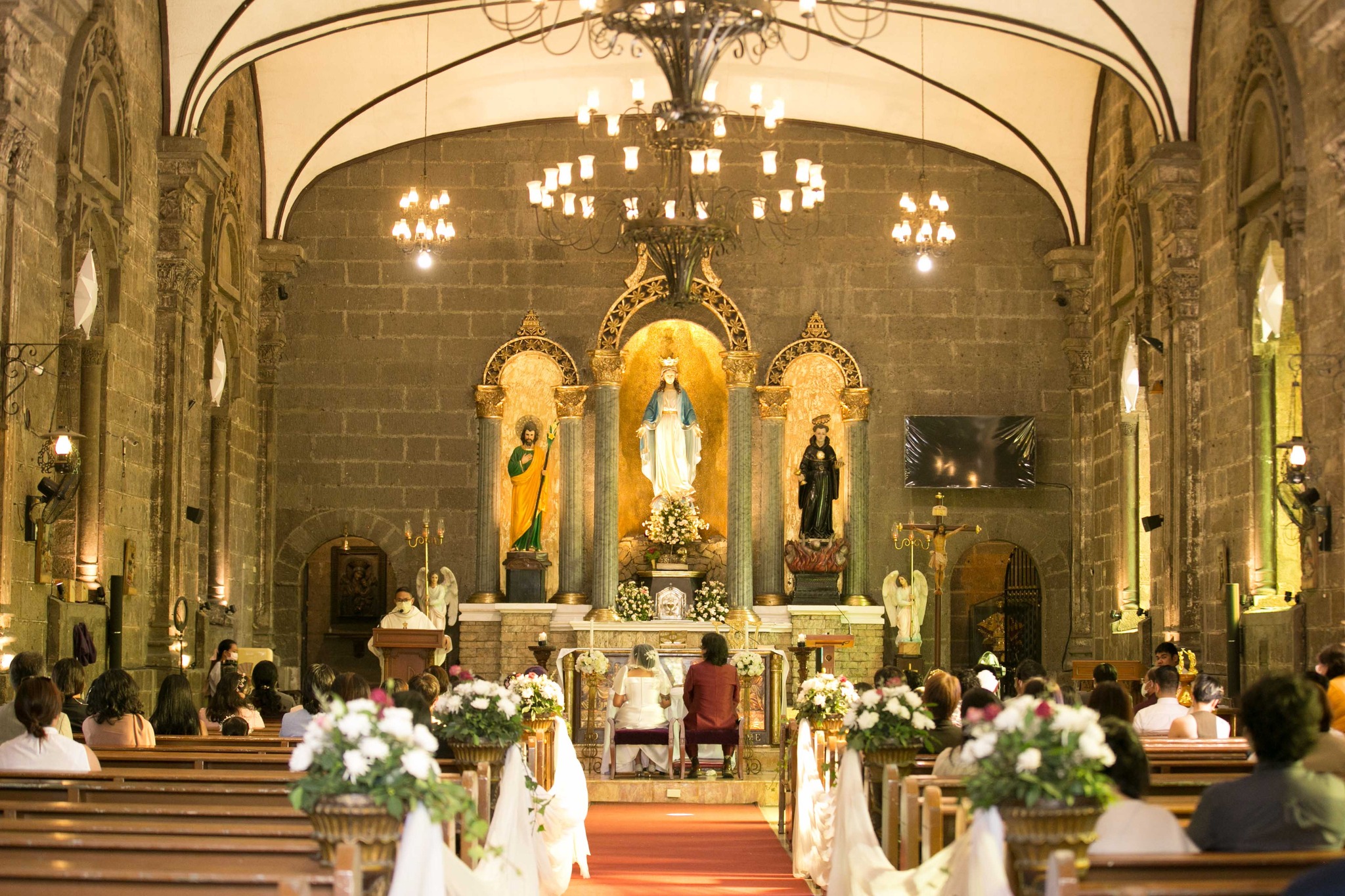
The Philippines, one of the last countries where divorce is illegal, is seeing renewed efforts to legalize it. Despite strong opposition from the Catholic Church, which argues that divorce undermines marriage, the House of Representatives recently passed a bill allowing divorce in limited cases. Proponents argue it’s needed for those in abusive marriages, while opponents, including Church leaders, believe it weakens marital commitment and fails to address the root causes of domestic violence.

In this Sunday gospel reflection, we explore how Jesus, perceived as mad or possessed, challenged societal norms and religious hypocrisy, much like individuals today who struggle with mental health issues and resist toxic societal pressures. This reflection emphasizes that Jesus’ alternative vision of reality, though initially misunderstood, ultimately led to a healthier society.
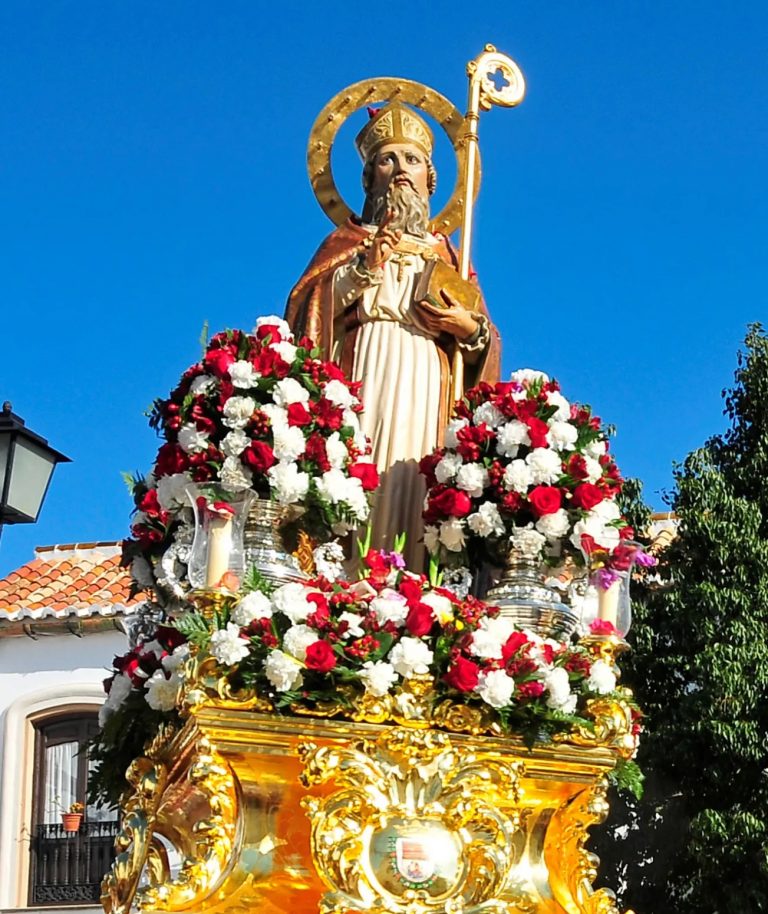
Saint Hilary of Poitiers (310-315 AD) converted from paganism to Christianity, becoming a staunch defender of the Trinity. As Bishop of Poitiers, he opposed Arianism, was exiled for defending Athanasius, and wrote “De Trinitate.” Known as the “Athanasius of the West,” he emphasized gentleness and reverence in his teachings. Hilary died in 367, leaving a legacy of theological works and hymns.
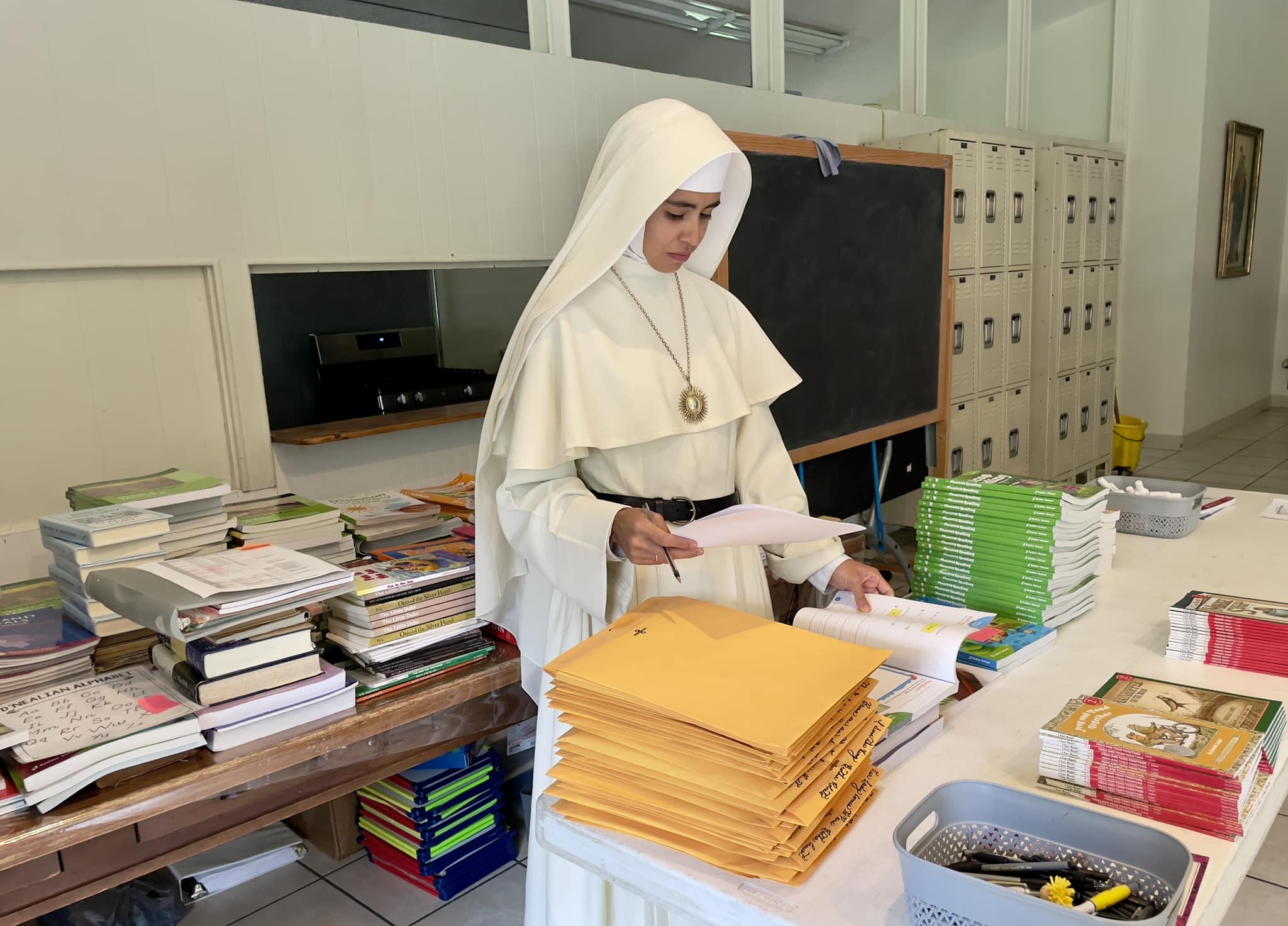
In the fourth and concluding part of the series on Spirituality and Christian Spirituality by Fr Fausto Gomez OP, he explores the diversity of contemporary spirituality, highlighting influential Christian and non-Christian authors like John Henry Newman, C.S. Lewis, and Viktor Frankl. He emphasizes integrating spirituality into daily life and living a holy life guided by faith and good practice.
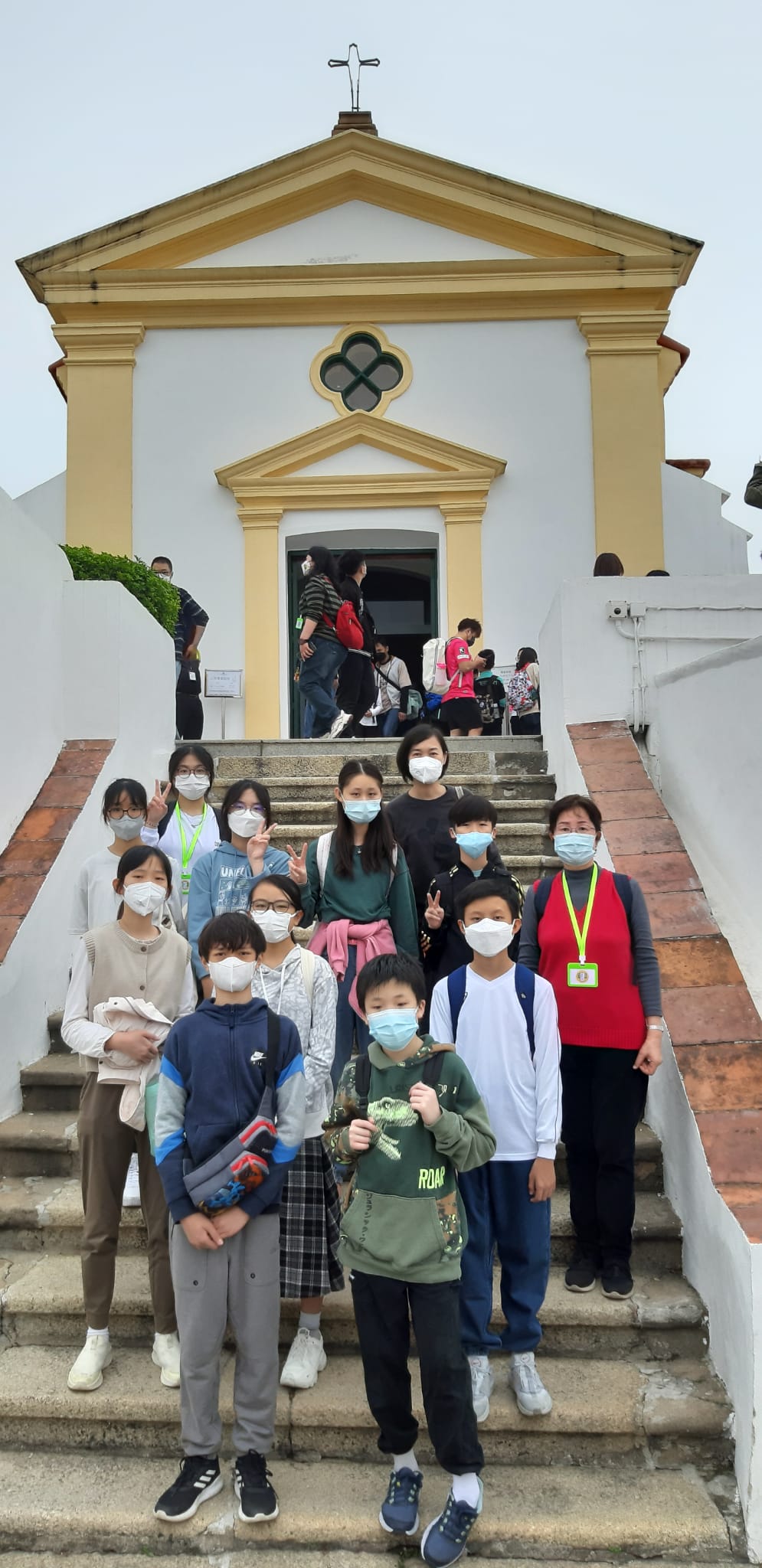
Angela Chong’s innovative approach at St. Francis Xavier’s Church, Mong-Ha, blends traditional Confirmation teaching with spiritual journaling. Through Lenten assignments, students reflect on faith in everyday life. While results varied, some students showed profound insights.